Seeing through the symptoms
We combine the best clinical acumen with the latest technology to uncover the root cause of the observed symptoms or behaviours.

Hair Pulling
Frequent, uncontrollable pulling leading to hair loss.

Efforts to Quit
Repeated, unsuccessful attempts to stop.

Impact
Causes stress and disrupts social, school, or work life.
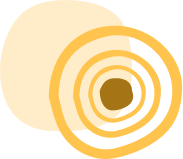
Did you know?
Trichotillomania can be mistaken for compulsive actions seen in OCD. It is also more likely to coexist with OCD and is classified as a related disorder.

Uncertain about the diagnosis?
OUR DIAGNOSTIC PROCESS
Understanding your unique mental health needs
Each individual is different. And so is our mental health program that supports unique needs of every member.
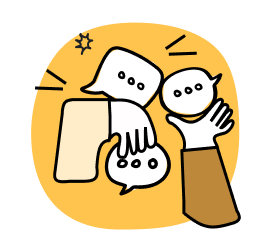
1
Online psychiatry assessment
Take a comprehensive online assessment of your child’s psychiatric symptoms and share relevant medical and family history.
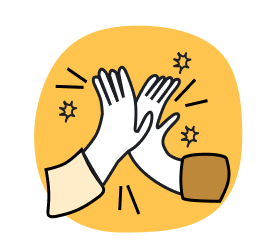
2
Psychiatric evaluation
Receive a comprehensive evaluation of your child’s emotional, cognitive, and behavioral functioning conducted by a board-certified provider.
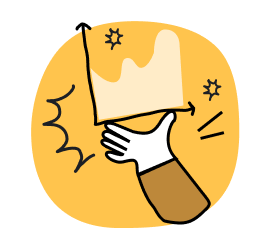
3
Treatment Planning
Actively collaborate with your child’s provider to develop an effective treatment plan tailored to your child’s needs and get started on your wellness journey.
We place the child and their family at the heart of our care experience
Self-Guided care
Empower your child with self-guided care for tics disorder and help them unlock their potential.
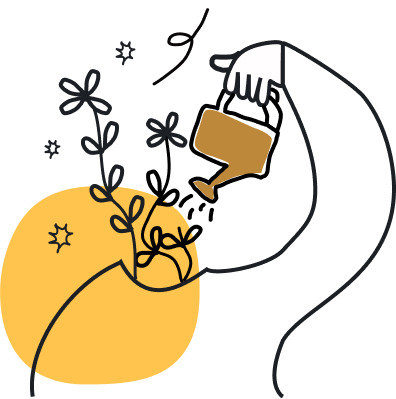
 Practice habit reversal training
Practice habit reversal training
Using our DIY toolkits, your child will learn to recognize the urges and situations that trigger hair pulling and discover new actions to replace them, helping to reduce the frequency and severity of hair pulling.
 Practice relaxation techniques
Practice relaxation techniques
Our step-by-step instructions guide your child through deep breathing, progressive muscle relaxation, and other relaxation techniques to promote calmness and reduce stress, helping to manage severity of hair pulling.
 Practice Mindfulness
Practice Mindfulness
Our DIY toolkits teach mindfulness practices, helping your child stay present and focused, which can reduce the impact of hair pulling by decreasing stress and improving self-control.
Parent Guide
Facilitating your active role in your child’s incredible journey to mental well-being.
 Education and understanding
Education and understanding
Our education guide teaches you about trichotillomania, including its symptoms, causes, and effects on your child’s daily life. This knowledge helps you identify early signs and provide the right support, fostering empathy and a deeper connection with your child’s experiences.
 Creating a supportive environment
Creating a supportive environment
Our guides show you how to foster a safe and understanding space for your child by encouraging open communication, showing empathy, and providing emotional validation. You will learn to use praise and rewards to celebrate their efforts and build a positive emotional connection.
 Building coping skills
Building coping skills
Our guide empowers parents to teach their children essential stress management skills. These include relaxation exercises like deep breathing and muscle relaxation, mindfulness practices, and strategies for handling distress. These skills foster resilience and well-being.
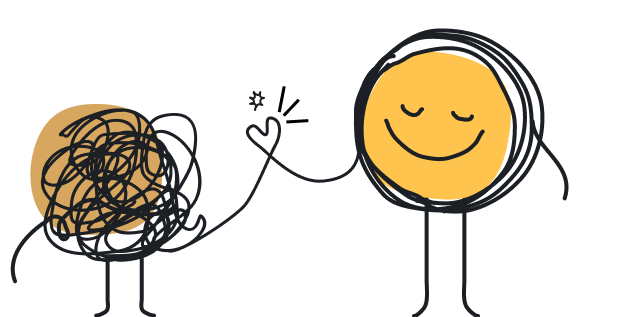
Mindweal Resources
Mental health resources just for you
Don’t have all the anwers yet?
That’s okay! As we’ve put together easy guides and helpful articles just for you.

Blog
Your guide to mental health conditions in children with ADHD

Blog
What is an advanced ADHD testing ? Exactly what to expect?

Self-Care and Healthy Habits
My child has ADHD and has gained weight. What can I do?

After-hours Crisis Care
Our emergency same-day appointments minimize after-hours crises. But, if you’re in crisis outside our working hours (Mon to Fri from 8 AM to 5 PM), call 911 or visit the nearest ER for immediate help and safety assessment.

Our psychiatric experts will help you find the right path forward for your child.

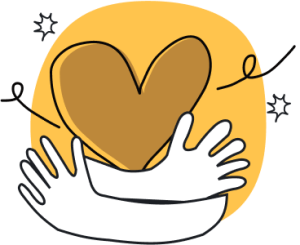
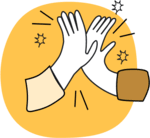

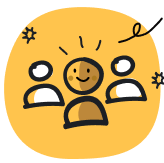
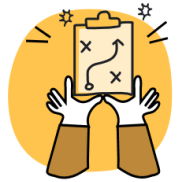
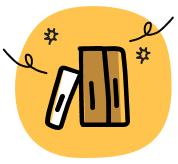

 Personalized medication management
Personalized medication management Empowering support strategies
Empowering support strategies
 HRT
HRT Science-backed
Science-backed ERP
ERP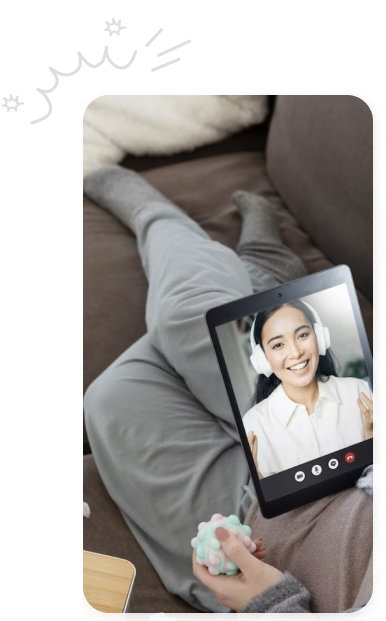
 Tailored prescriptions
Tailored prescriptions Thorough monitoring
Thorough monitoring Expert guidance
Expert guidance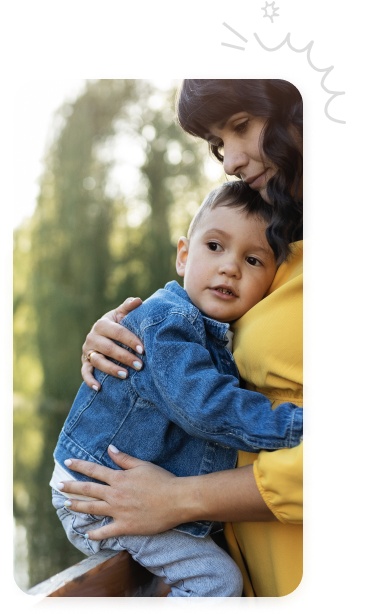
 Education Support
Education Support Self-help toolkits
Self-help toolkits Parent’s guides
Parent’s guides